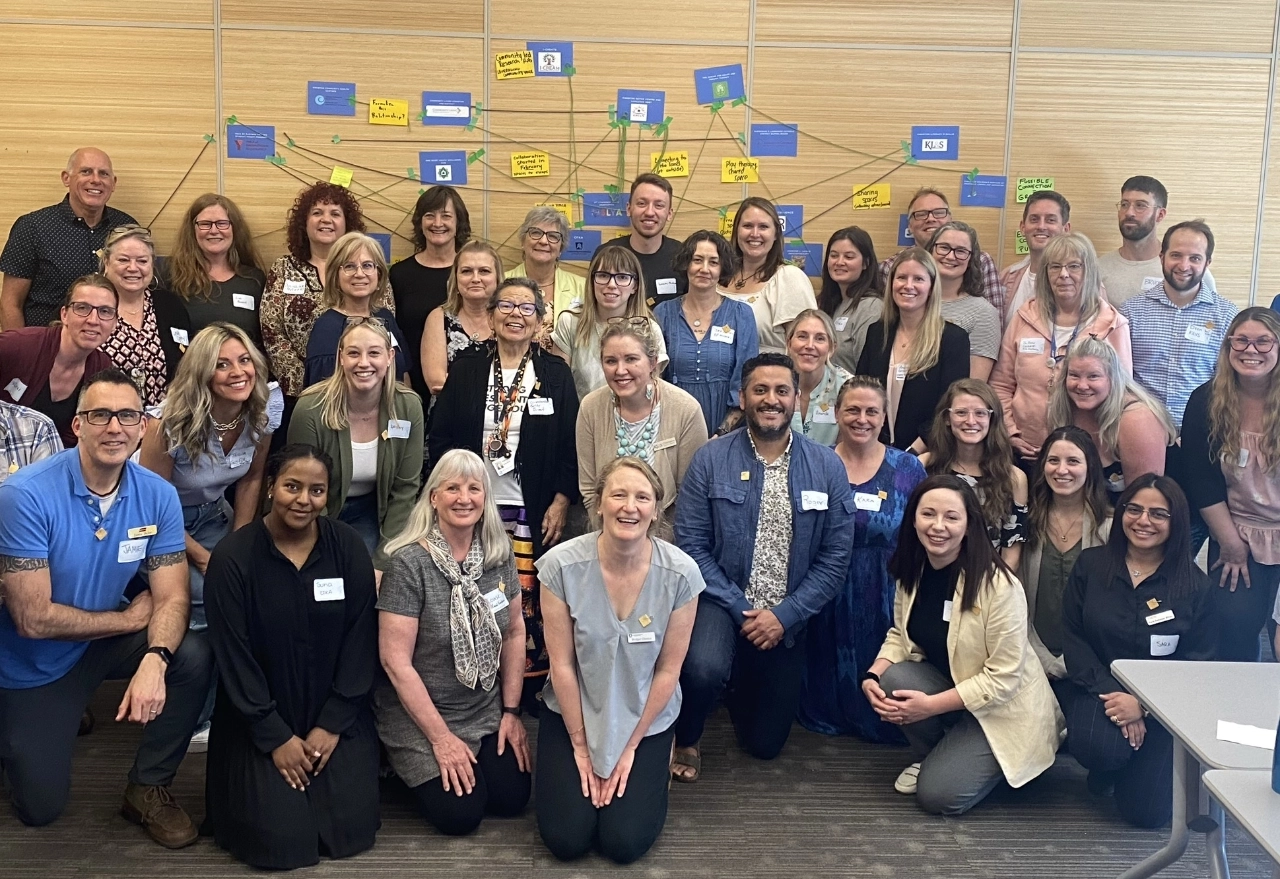ACEs are common and can cause serious and lasting harm. Positive connections with caring adults help mitigate the effects of early adversity and build lifelong resilience
Adverse Childhood Experiences (ACEs) are potentially stressful or traumatic experiences that may happen in a person’s life before the age of 18. There are many different types of ACEs, including neglect, abuse, household challenges, discrimination, chronic poverty, exposure to community violence, and systemic racism.
Systemic conditions, including social policies and access to the social determinants of health, affect a person’s risk of ACEs. ACEs are common. In the absence of support, ACEs can increase a person’s risk of negative health and social outcomes across the lifespan.
ACEs can lead to a toxic stress response. This response, caused by excessive and persistent adversity in the absence of a supportive and caring relationship, can overload systems in the brain and body - leading to long term consequences.
Resilience is the capacity to stay well in the face of significant stress or hardship. It is influenced by our genes, relationships with others, life experiences, and environments. Resilience isn’t something we develop alone. It is built through positive interactions, protective factors, and by mitigating toxic stress.
Reducing sources of stress, enhancing skills, and creating supportive environments can further strengthen resilience, especially for those with past adversities. While resilience can be strengthened at any age, the best time to build the basis of resilience is at a young age.
Resilience does not develop in isolation. It is enhanced by connections to family, friends, community and culture.
Positive connections with adults can help foster resilience and can help our ability to weather life’s challenges. Positive Childhood Experiences are protective factors that contribute to healthy development and well-being and can prevent or reduce the effects of adversity.
ACEs & Resilience Coalition of Kingston, Frontenac, Lennox & Addington
Since 2019, the Community Foundation for Kingston and Area has convened conversations about the impact of early adversity on lifelong health and the importance of community resilience to prevent and mitigate the effects of Adverse Childhood Experiences (ACEs).

VISION
A resilient community that prevents and reduces the effects of Adverse Childhood Experiences
MISSION
We work together to reduce risk factors and promote positive childhood experiences and protective factors to build resilience and support lifelong health
PRINCIPLES
Equity, best available evidence, community engagement, trauma-informed, knowledge mobilization, maximize impact
The ARC is comprised of agencies and individuals in the KFL&A region, with a vision of a resilient community that prevents and reduces the effects of ACEs. Coalition members have knowledge and awareness of ACEs, stigma, resilience, and the importance of community and supportive relationships. They champion ACEs- and resilience-informed practices and use evidence of ACEs and resilience to inform decision-making and action within their sphere of influence.



























4 ways of building resilience
Learn about ACEs and support healing across generations
Strengthen community ties through trust, empathy, and connection
Create a culture of care by encouraging rest, movement, and mutual support
Support families in your community - share time, resources, and care with parents, caregivers, and children
Collaborative Resources and Reports
Ontario Early Adversity and Resilience Framework
The Ontario Early Adversity and Resilience Framework is a call for collective action across sectors to work together to develop innovative and meaningful solutions to prevent adversity, strengthen protective factors, build resilience, and support healing in families and communities.
Bridget Glassco
Project Manager
mail arcpm@cfka.org
phone 613.546.9696, ext 107


